Democratic governance and human rights are critical components of sustainable development and lasting peace. Countries that have ineffective government institutions, rampant corruption and weak rule of law have a 30-to-45 percent higher risk of civil war and higher risk of extreme criminal violence than other developing countries.
Since the launch of our DRG strategy, USAID has been committed to integrating democracy programming throughout our core development work, focusing on strengthening and promoting human rights, access to justice, accountable and transparent governance, and an independent and politically active civil society across all our work. We approach these four goals of our DRG strategy by protecting and promoting human rights, ensuring the possibility for free and fair elections, combating disinformation, strengthening digital safety, both for new and traditional media, and incorporating rule of law and justice, in our human rights programming.
Fundamental rights of citizens are the bedrock for managing, and mitigating conflict, spurring economic growth and protecting human dignity. Countries with democratic freedoms are more just, peaceful and stable-and their citizens can fulfill their potential. Through its democracy, human rights and governance programs, the United States remains committed to protecting and advancing our most cherished values.
We are focused on:
- Democratic Governance - Building open, responsive, and accountable institutions and processes that serve the needs and preferences of the public.
- Participation and Inclusion - Ensuring that all have the opportunity to participate and have a voice in how they will be governed.
- Fair Competition, Transparency, and Accountability - Promoting free, transparent and fair political competition so that citizens’ preferences are represented.
- Civil Society and Independent Media - Defending citizens’ rights of association and expression, so that they can play a role in their country’s future.
- Justice and Security - strengthening justice and security institutions, justice and security reforms, holding institutions and people accountable to the rule of law, and, providing access to justice mechanisms.
- Human Rights and Nondiscrimination - Supporting efforts to prevent human rights abuses, protect human rights defenders and respond to human rights abuses.
- Emerging Young Leaders - Building a continuum of civic education, engagement and leadership for young women and young men.
To advance these goals, we launched the new Center of Excellence on Democracy, Human Rights and Governance (DRG Center) in 2012. The Center provides technical advice and support to USAID missions implementing programs in democracy, human rights and governance; generates and disseminates knowledge to build the evidence base for global advancement in the area; and elevates the role of DRG in key USAID, U.S. Government, and multilateral strategies. In 2013, the DRG Center launched its Strategy on Democracy, Human rights and Governance which elevated and integrated democracy human rights and governance into our broader programming
Our key accomplishments:
- Since the Elections and Political Processes (EPP) Fund was established in 2006, we have provided critical support to 84 countries or regions. This support includes democratic transitions in The Gambia and the Democratic Republic of the Congo; snap elections in Moldova and Serbia; and domestic observation of the electoral process in Ghana and Tunisia.
- Since 2011, the Human Rights Grants Program (HRGP) has addressed the most urgent Human Rights challenges in 65 different countries. This support includes C-TIP programming in Peru, programming for Indigenous Peoples in Paraguay, Genocide education in Cambodia, migrant rights programming in Macedonia, and women’s empowerment programming in Sudan.
- Launched in 2016, the five-year Global Labor Program (GLP) promotes labor rights and access to justice for workers. The program supports country programs in Cambodia, Bangladesh, Burma, Ukraine, Morocco, South Africa, Colombia, Mexico and regional programs in Asia, Eastern Europe, the Middle East, Southern Africa and Latin America that cover activities in 31 countries. Through its union partners the program directly reaches tens of thousands of workers annually, inclusive of vulnerable populations, including women.
- The Disability Rights and Inclusive Development program, which provides financial and technical assistance across the Agency, promotes the inclusion of persons with disabilities in USAID programs and builds the capacity of local disabled people’s organizations. In FY 2015 alone, the DRG Center strengthened the capacity of over 2,000 local organizations that work to support vulnerable populations.
- The Agency’s Global Leadership and Education for Advancing Development (Global LEAD) initiative and State and Youth New Approaches to Social and Political Engagement (SYNAPSE) pilots seek to build a continuum of youth civic education, engagement and leadership development. The global Youth Power 2 suite of mechanisms support the Agency in addressing engaging youth and emerging leaders in a wide range of youth issues, including peace and security, employment, health, and civic participation. CSM also provides technical support to missions working with youth and participates in cross-agency coordination efforts to implement USAID's Youth in Development policy.
Country Example:
- Philippines - Court Reform: USAID's rule of law programming in the Philippines has measurably reduced case processing times amidst growing strains on the justice system. In the country's largest court district (consisting of 58 courts with an estimated 15 percent of all cases pending at the trial level), the median processing time of cases has been reduced by 60 to 78 percent. By doing so, USAID has improved the experience of justice seekers and contributed to public trust in the judiciary.
- Kosovo - Continuum of Civic Engagement and Leadership: The Responsive, Effective, Accountable Governance Program (READY) encourages women, youth, and ethnic/social minority activists to step into leadership roles through training sessions, regular small-group coaching, guided advocacy to high-level leaders (local and national), and cross-party, cross-ethnic networking. Training series like New Media School and Youth Leadership Program, and annual events like the Week of Women, provide platforms for women, youth, and ethnic minorities to network, learn new skills, and debate policies.

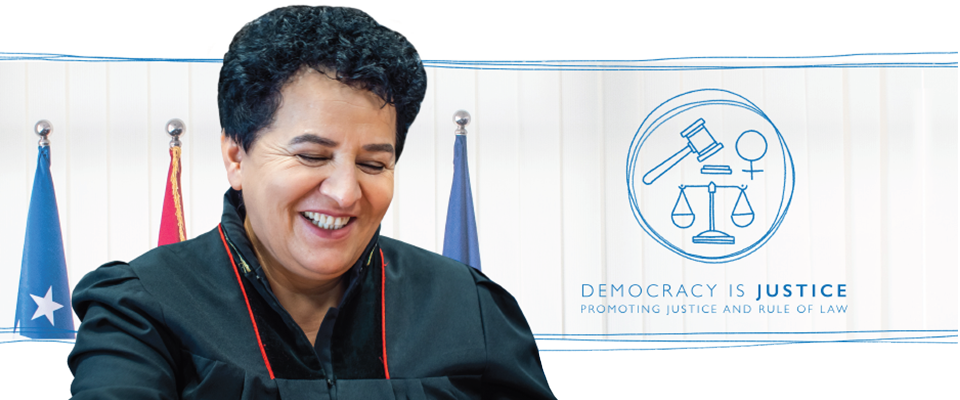
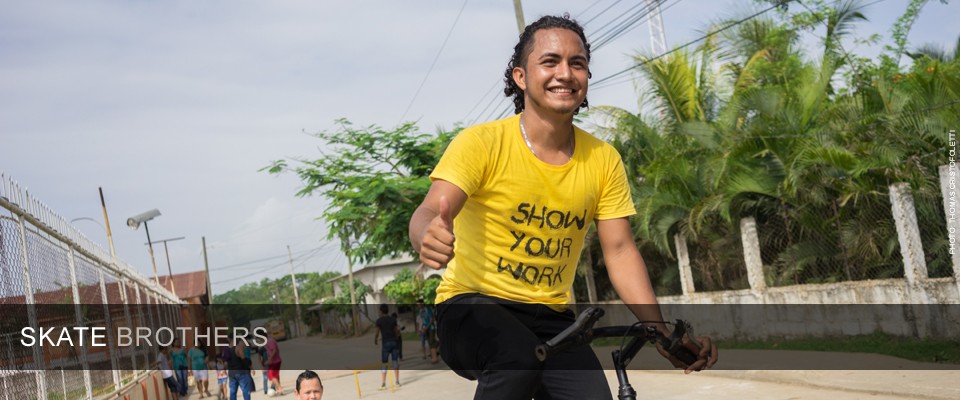
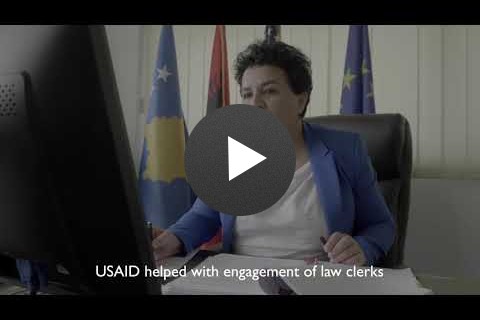
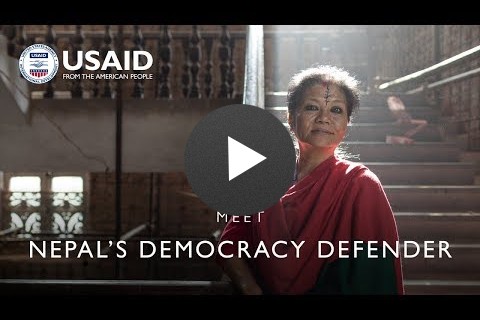
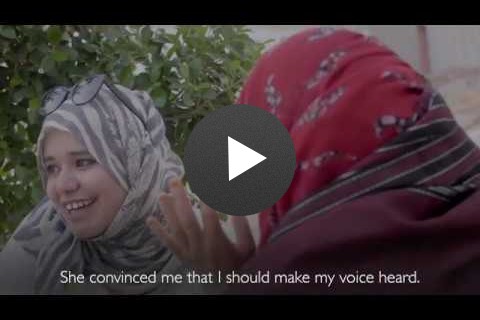
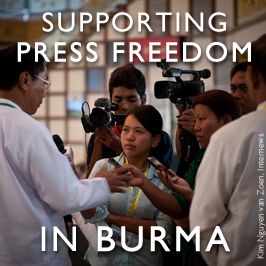
Comment
Make a general inquiry or suggest an improvement.